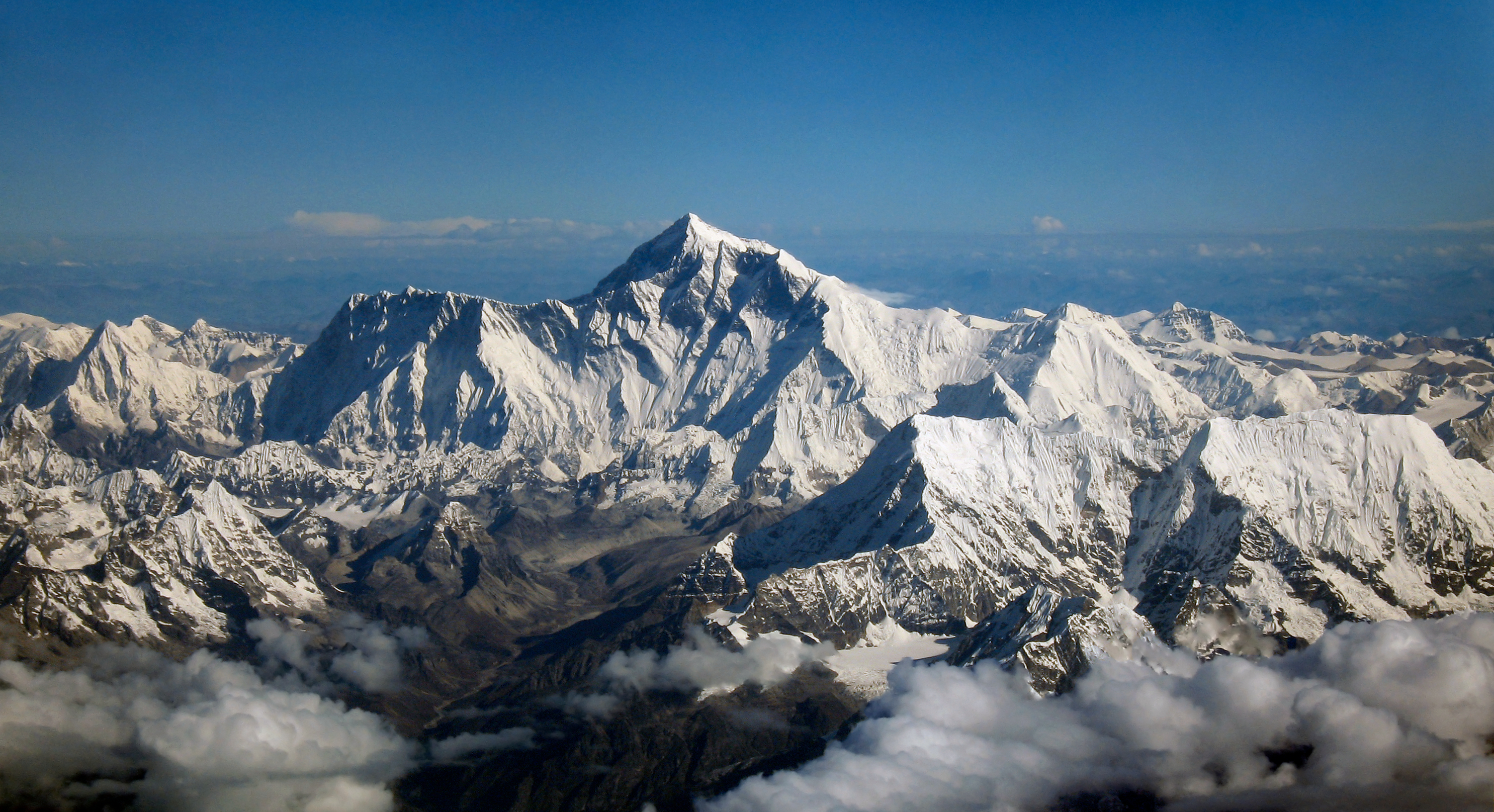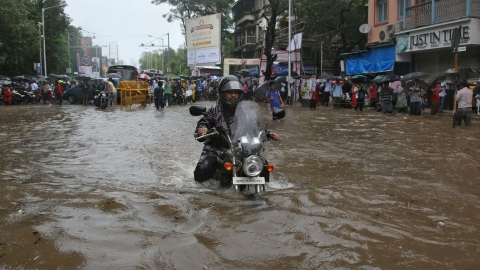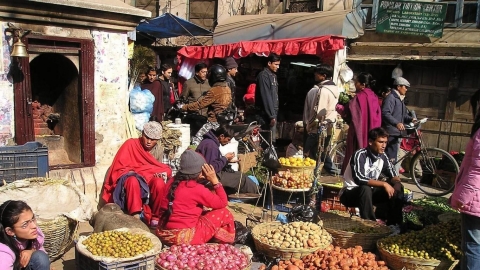Known as the "roof of the world," Mount Everest, located in the Himalayas on the border between Nepal and Tibet, attracts hundreds of climbers every year since the first person successfully conquered the summit 60 years ago.
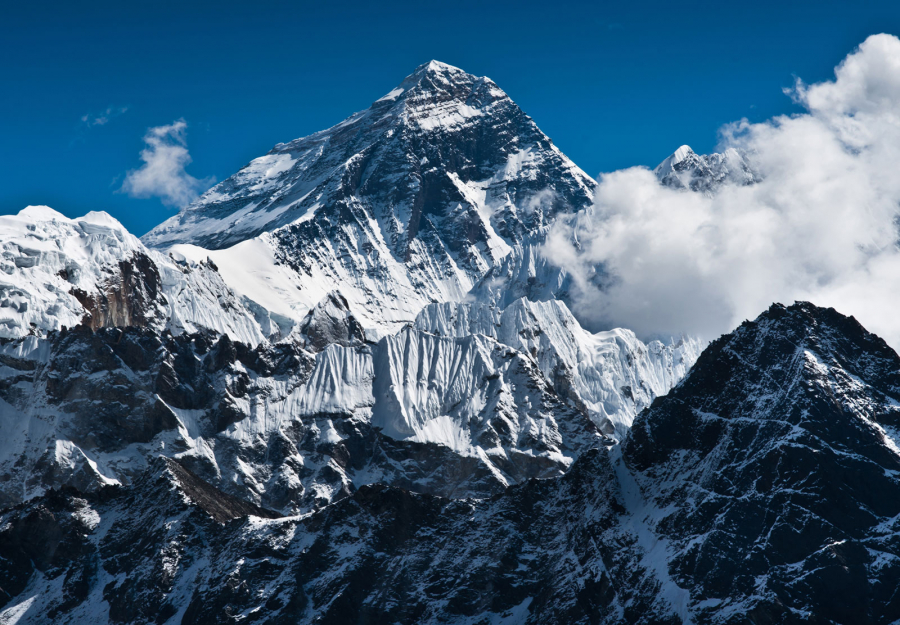
However, this also leads to frequent overloading, with subsequent negative consequences for the environment. Tons of trash, including empty cans, plastic bottles, climbing equipment, etc., are dumped on the summit of Mount Everest, turning it into the "highest garbage dump in the world." Downstream water sources are also polluted by everything from human waste to empty bottles and gas cylinders.
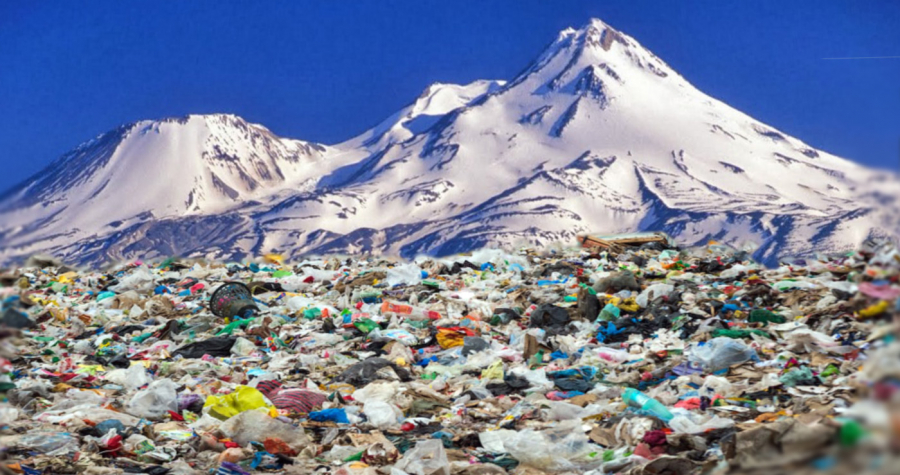
Following heavy criticism regarding the current state of Mount Everest – one of the country's greatest natural resources – the Nepalese government and climbing organizers have collaborated on a six-week cleanup project.
Specifically, a group of 14 people collected over 10 tons of trash along a nearly 8,000-meter route from the base camp to the next station near the mountaintop. This trash was then transported to recycling centers in Nepal's capital, Kathmandu. Workers sorted the waste, each type requiring a different recycling method: iron was sent to ironworking factories, aluminum cans to tool manufacturers, and bottles were recycled into household items.
The pollution control NGO Sagarmatha, along with BW2V and other organizations, recently launched a campaign to transport waste to recycling centers and send guides to the Everest region each year. People are asked to bring 1 kg of waste to Lukla, the gateway to the Everest region, or the capital Kathmandu for recycling.
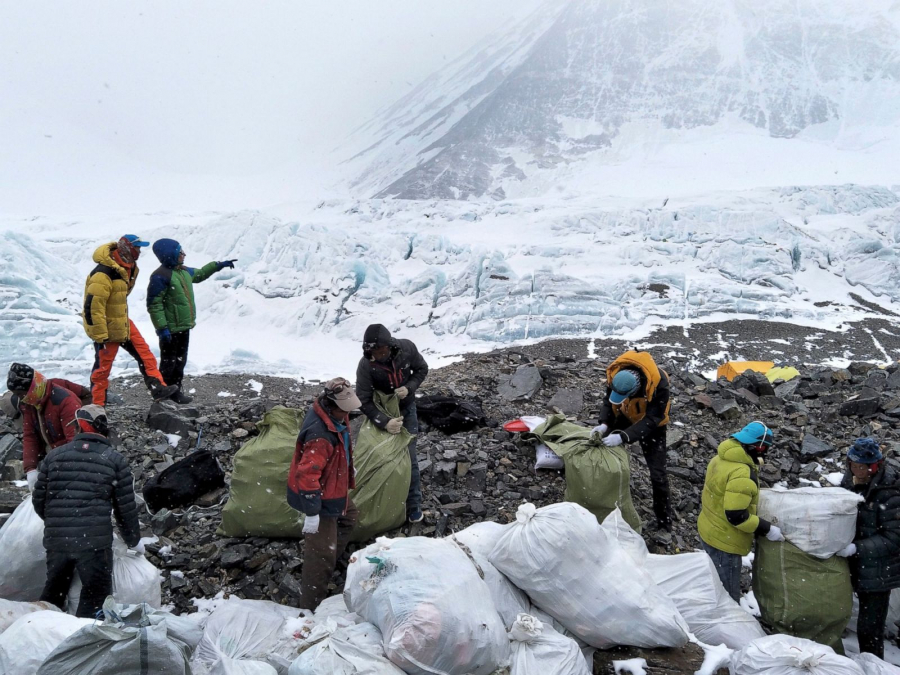
These recycled items are now highly sought after in upscale hotels, restaurants, and households in the capital. There is growing customer interest in goods made from scrap materials collected from the summit of Everest.
The director of the five-star Hotel Yak & Yeti in Kathmandu said that choosing recycled items is a new step for the company towards sustainable and environmentally friendly products. "This is not only good for us and the environment, but it also encourages people to try to minimize waste and make this Earth a more beautiful place."
In addition, a new waste processing facility, Sagarmatha Next, is being built in Syangboche at an altitude of 3,800 meters. This facility will process waste, and artists and inventors will conduct research to create new products to participate in the growing market for recycled goods made from waste in Everest.
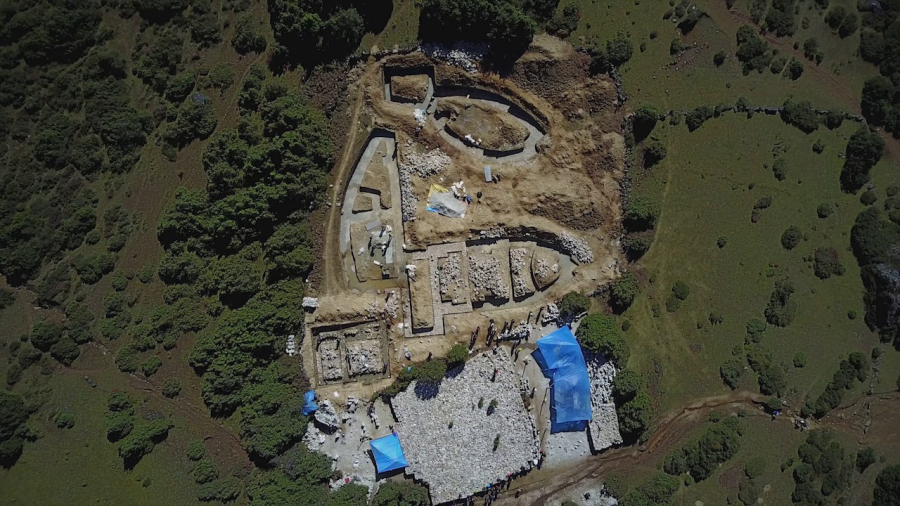
The Sagarmatha Next waste treatment facility is under construction.
However, mountaineers also warn that the cleanup has only collected a fraction of the trash on Mount Everest; many higher and more inaccessible areas still contain untreated waste. Under the impact of global warming, many glaciers are melting, exposing long-standing garbage dumps. Not only is there trash, but the bodies of unfortunate mountaineers also make the "cleanup" of Mount Everest difficult. This year, 11 mountaineers have lost their lives. Not all bodies have been found and brought down, so many remains lie on the slopes.
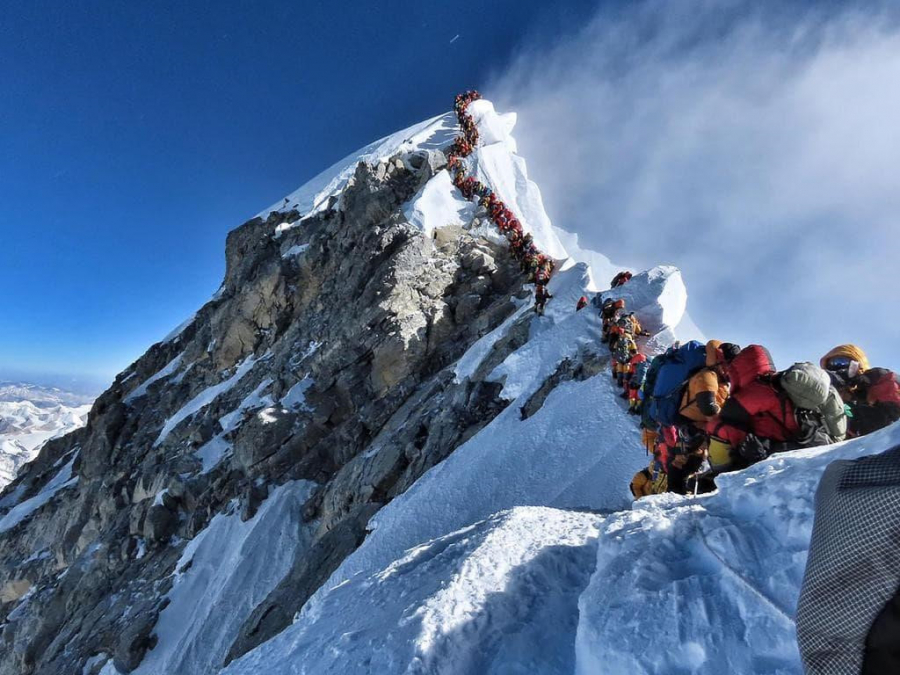
The increasing number of people wanting to conquer Mount Everest is leading to increased environmental pollution. In 2019, the Nepalese government faced criticism when the number of climbing permit applications reached a record high: 381.
In 2013, Nepal offered a $4,000 reward to each climbing team if they brought back at least 8 kg of waste, but only half of the teams that reached the summit fulfilled this commitment. Last August, representatives of municipalities in the Everest region announced they would ban certain types of single-use plastics and bottles starting in 2020.

 VI
VI EN
EN



